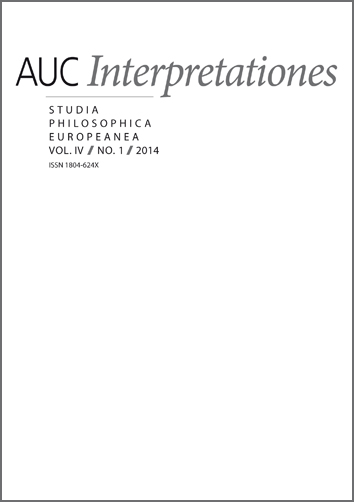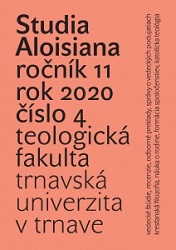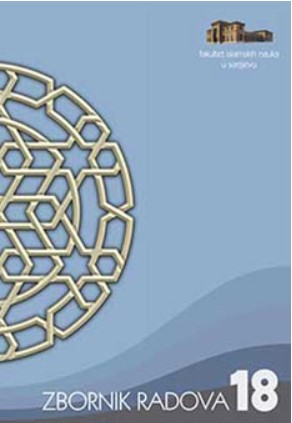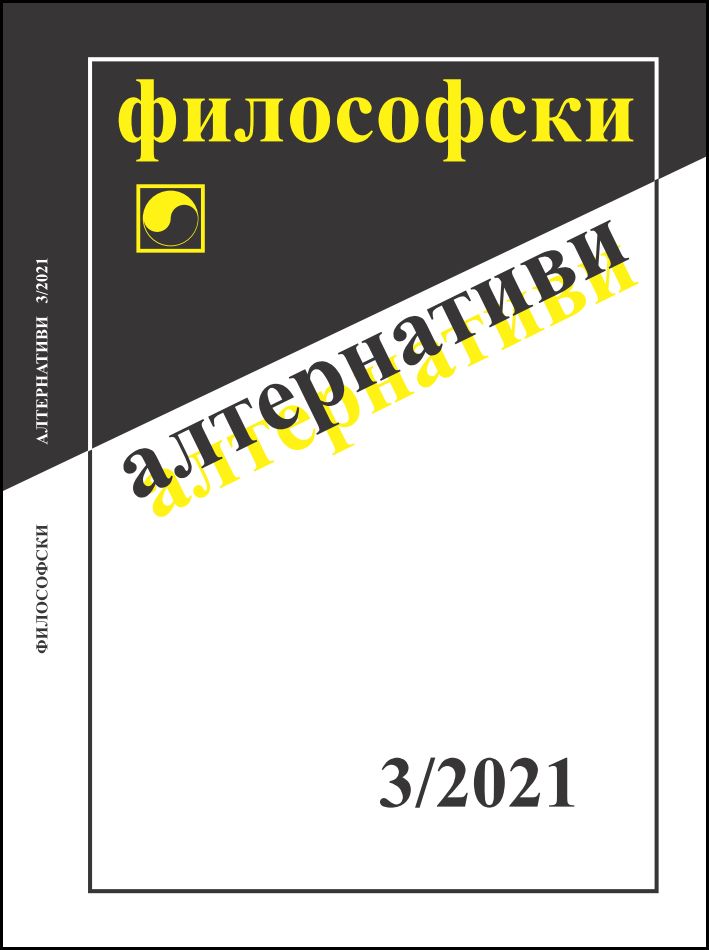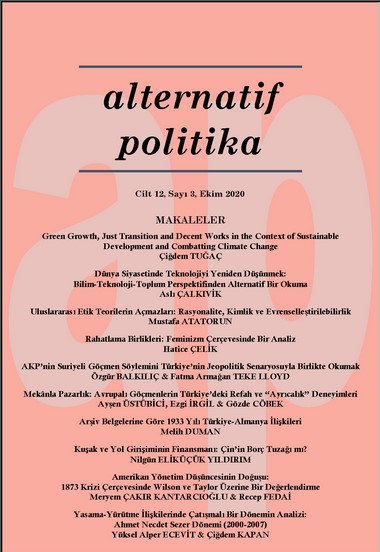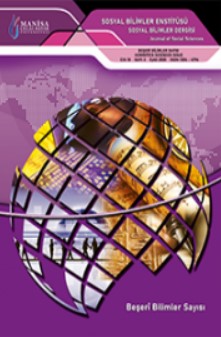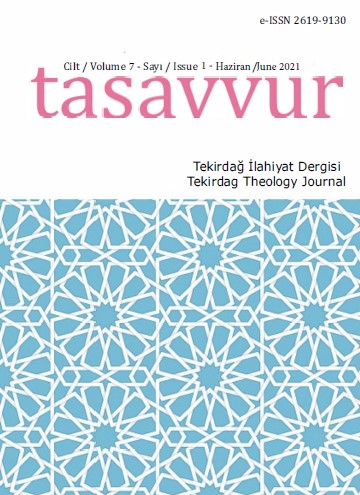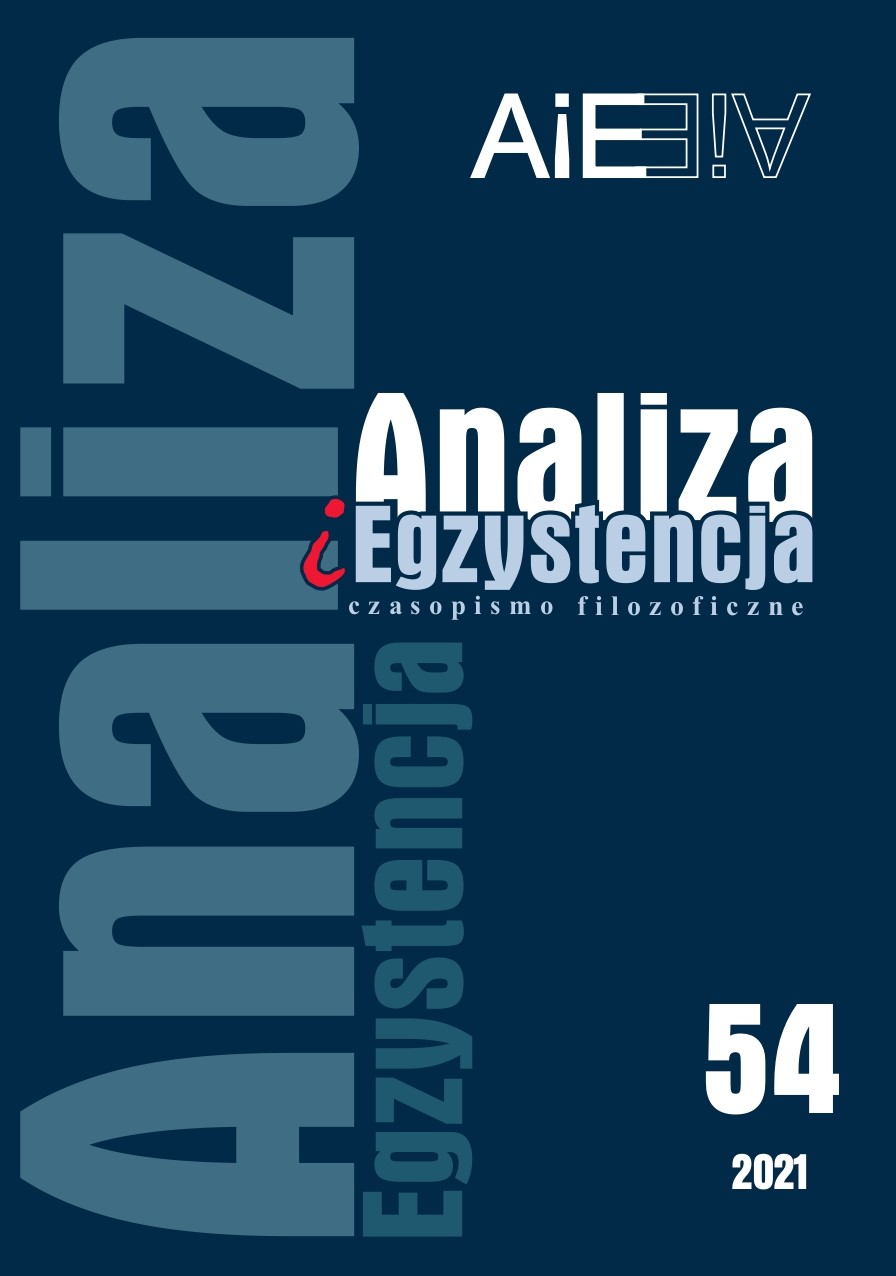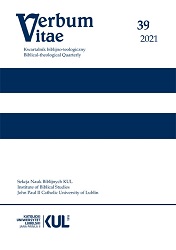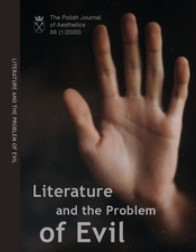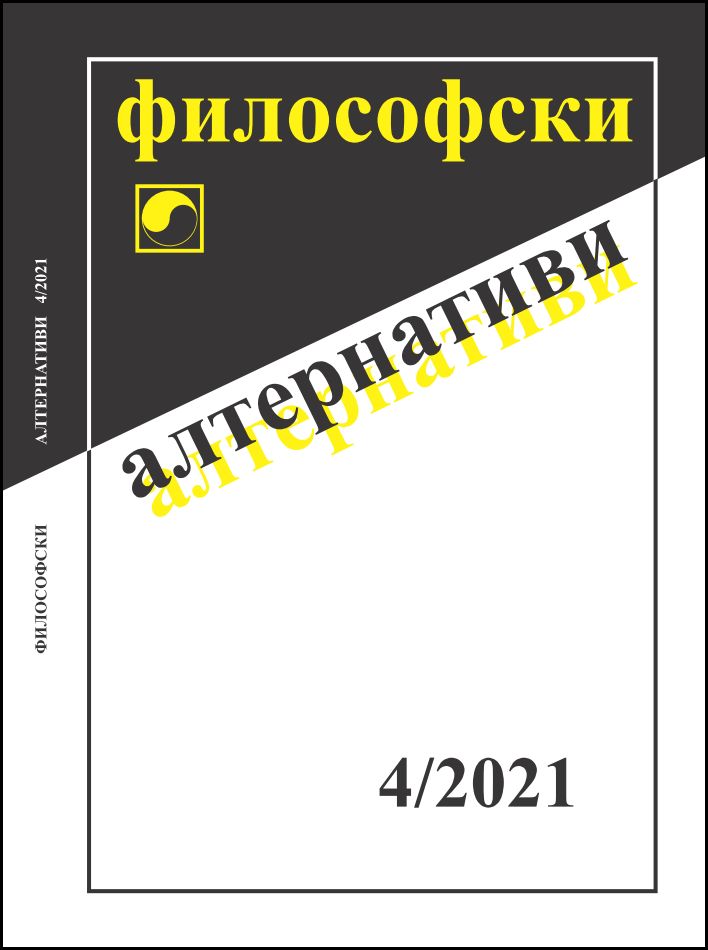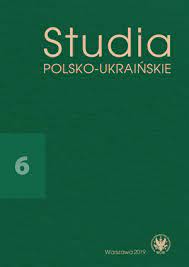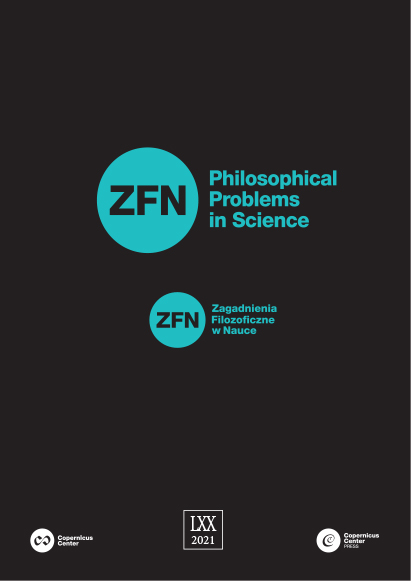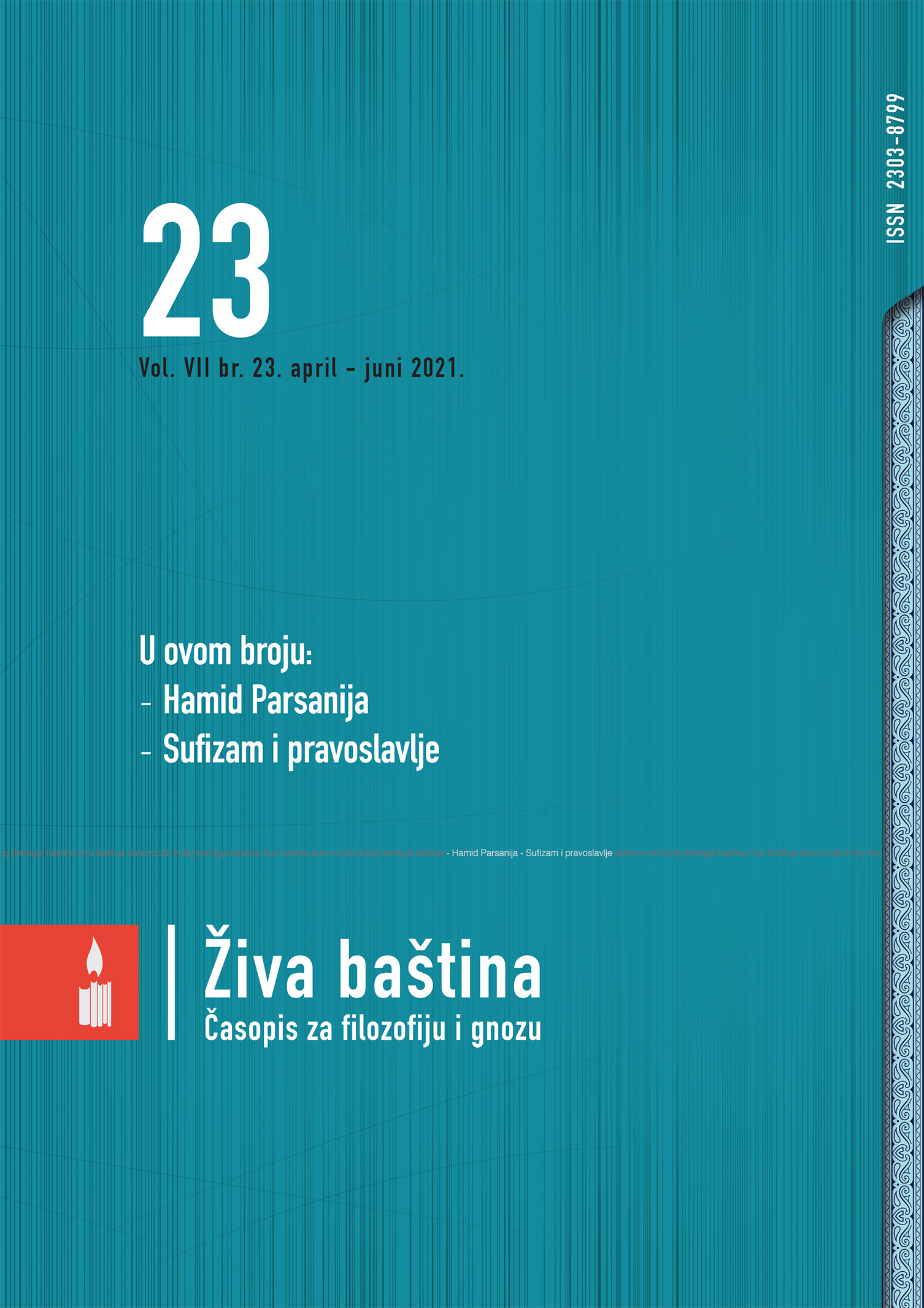
Potčinjavanje, otpor i promena značenja
Razmotrimo paradoksalnu prirodu onoga što Fuko u knjizi Nadzirati i kažnjavati opisuje kao subjektivaciju zatvorenika. Izraz "subjektivacija" nosi u sebi paradoks: assujetissement označava i postajanje subjektom i potčinjavanje - neko postaje autonomna ličnost samo tako što se potčini moći, a to potčinjavanje podrazumeva radikalnu zavisnost. Kako kaže Fuko, ovaj proces subjektivacije odvija se uglavnom preko tela. U knjizi Nadzirati i kažnjavati zatvorenikovo telo ne javlja se samo kao znak krivice i greha, kao otelotvorenje zabrane i sankcije u ritualima normalizovanja, nego je i uobličeno i formirano prema diskurzivnoj matrici pravnog subjekta. [...]
More...
